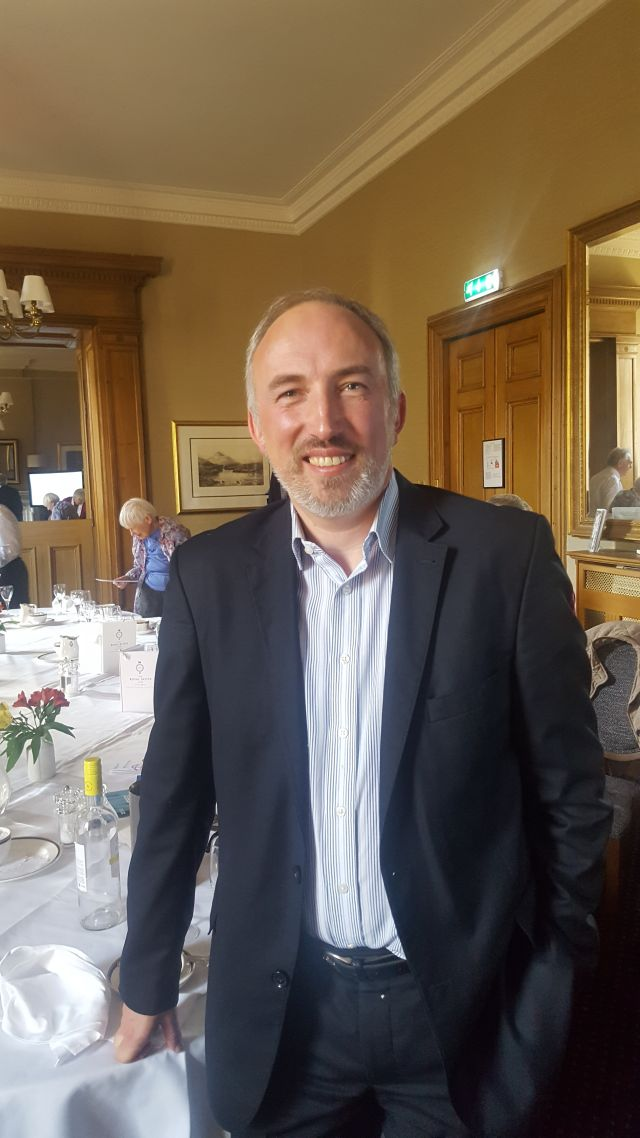
Dr Conor Snowden
The British Council is the UK’s agency for cultural relations and is about engaging with the world on what we are good at – arts, science, technology and languages in schools and universities. Soft power derives from engaging with people in the countries that matter, with some of which we have a trust deficit. The Council is also active in areas of conflict, helping support fragile societies by sharing British values in partnership working which embraces online or other contact with nearly 1 in 14 of the world’s population.
Founded in 1934 at a time of darkening international skies, its first overseas offices opened in 1938 making it the oldest cultural relations organisation in the world, the British Council for International Relations with Overseas Countries as it was originally styled is similar to the BBC World Service in being independent of Government while accountable to Parliament. Its £1.2 bn turnover is achieved mostly by selling English language training and examinations, with 10-12% coming from Government, nearly all of which is from the overseas aid budget and must be spend in developing countries. Geographical coverage is in all the countries that matter to the UK is necessarily political, for instance all Scandinavian offices closed in 2015, but in reaction to Russia’s annexation of the Crimea its presence in the Baltic states was increased. In countries where an independent presence is not possible, the British Council allies with other agencies. Partnerships in the US are run through programmes of philanthropic giving. Links with Turkey are much sought after despite that country’s growing authoritarianism, and China is an incredibly open place because of its insatiable demand for English. Libraries made obsolete by the internet have been reinvented as meeting-spaces. One quarter of world leaders have a UK education, and since the Brexit vote the British Council is increasingly trying to work bilaterally.
The British Council has been active in Scotland for seventy years embracing themes of the arts and education, society, justice and governance. This year we are closely aligning with the Scottish Government’s Year of Young People. Educational contact opens young people up to the diversity that exists across the globe. Universities offer lots of expertise that can be shared in areas like renewable energy and finance. The Erasmus Programme (European Community Action Scheme for the Mobility of University Students) is a European Union student exchange programme established in 1987 which the Council manages as the UK agency by helping develop. Activity is always in partnership with agencies such as RSE, the Scottish Funding Council, Scottish Development International or Research Pools. A good example is our participantion in Connected Scotland, developing educational links abroad.
By bringing arts agencies to Scotland during times of the year such as the Edinburgh Festivals or Celtic Connections, the British Council helps new artists here to engage globally, also taking them abroad for example the Scottish Pavilion operated jointly with Creative Scotland at the Venice Biennale. Momentum is the Edinburgh Festivals International Delegate Programme, and a poem by Edinburgh Makar Christine De Luca was commissioned by the British Council for Spirit of '47 in celebration of Edinburgh International Festival's 70th anniversary. Future News Worldwide is a partnership programme between the British Council and some of the world's leading media organisations which identifies, trains and connects the next generation of global journalists. Young people are the major focus, helping them adjust to today’s globalised world by using methods of communication that would have been unthinkable twenty years ago.